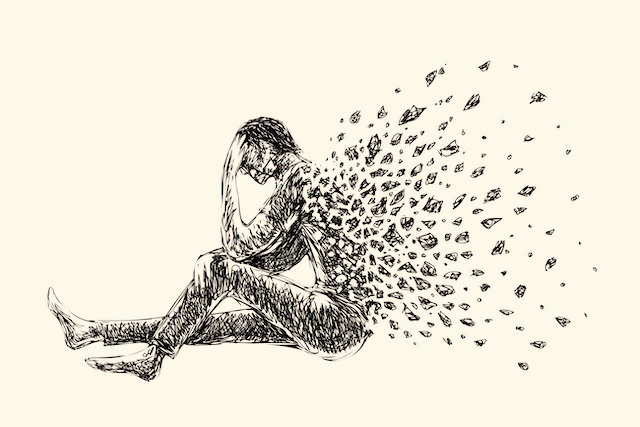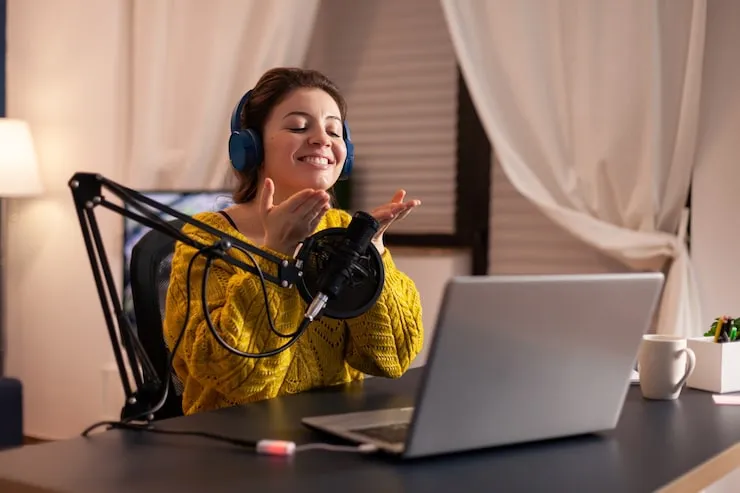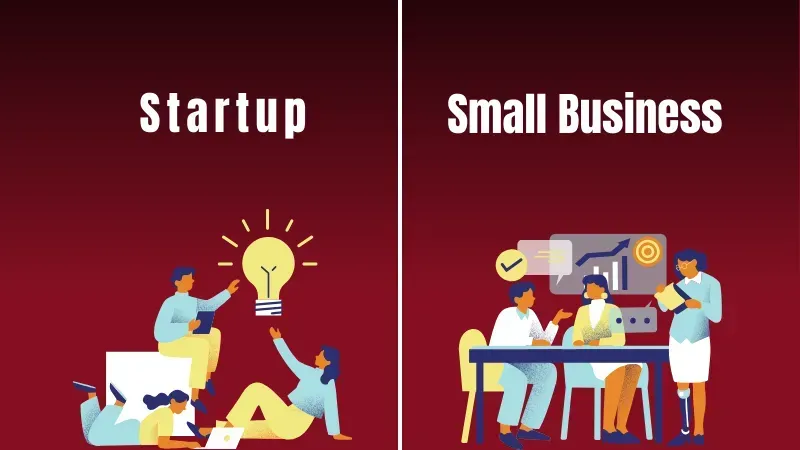Quotes
3 Lifestyle Changes I Made to Overcome Dissociative Panic Attacks


“There is no greater wealth in this world than peace of mind.” ~Unknown
A few years ago, I had what could safely be deemed a “bad year.” My live-in partner left me out of the blue, I became un(der)employed and racked with debt, I got in a car wrecking that totaled my car, and then…my dog died.
After the year that I’d had, the death of that dog, my most treasured friend, was the final straw. It was the final straw for yoyo that things might turn virtually soon, and it was the final straw for my mental health.
Shortly without her death, I started experiencing what I now know were dissociative panic attacks. At the time, however, I thought that I was going crazy, dying, and that my spirit was uninfluenced from my body. A feeling you can probably only understand if you, too, wits panic attacks and have felt derealization before.
For a long time, I suffered. And wallowed. And gave up. But without well-nigh six months of living in this nightmarish state of near-constant dissociation and depersonalization, I had a moment of clarity. I knew that I had to requite it my all to get better, no matter how long it took, considering the volitional was bad.
A panic wade is the ultimate manifestation of feeling a lack of control—feeling like you’re going to die, like you’re going crazy, like you’re disembodied… and there’s nothing you can do well-nigh it.
So I started my healing process by looking for ways to take when dribs and drabs of tenancy in my life.
It didn’t happen overnight, but I am extremely grateful to say that it’s been over two years since I’ve had a panic attack. Something I never thought I’d be worldly-wise to say when I was in the throes of the disorder. So how did I do it? I would love to share that with you here.
These are the three tools that I believe had the biggest impact on healing my dissociative panic disorder.
Adopting an Anti-Inflammation Diet
Inflammation is the response our persons have to foods that irritate our digestive system, and the value of inflammation in your soul has a uncontrived impact on brain-functioning. According to Psychology Today, there is an undeniable correlation between inflammation in the gut and mental health disorders like anxiety, bi-polar disorder, and depression.
I cut out gluten and swig completely (both notoriously inflammatory) and would have cut out dairy too except that I’d once washed-up that a few years older for other reasons.
Looking back, I think raising this new nutrition was constructive in increasingly than one way… Cutting out swig was not only helpful in soothing inflammation, but it moreover unliable me to wilt much increasingly clear-headed right out of the gate. I was never a huge drinker, but eliminating the ten to twelve weekly drinks I did have was unbearable to notice an instant resurgence in the evenness of my emotional state throughout the day.
Another surprise goody was that making an intentional nomination well-nigh the guidelines of my nutrition gave me when a sense of organ in my life considering with every meal, I knew I was making an intentional nomination well-nigh what would go in my soul and why.
Progressive-Overload Weight Training
Unfortunately, weight training still seems to finger “off-limits” to many of us. There’s a rampant gym culture in our society, and it feels like either you’re in or you’re out. However, I learned during this journey to mental health that once you get “in,” it becomes well-spoken that nothing and no one was overly really keeping you out!
But why did I decide it was important to find my way “in” in the first place? To be honest, this one was a happy accident. I knew that it was important to start moving my soul again, but it was January 2021, which meant it was too unprepossessed to exercise outside, and group fitness was still not an option thanks to the pandemic. Going to the gym, however, wearing a mask, was.
What I discovered from my religious gym routine, and my dedication to learning how to weight train as a ways to overcome feeling so worrisome and uncomfortable during every workout, is that weight training has the powerful effect of connecting your mind to your body. Something I didn’t realize had been lacking for me.
It’s untellable to lift heavy weights without rhadamanthine tightly enlightened of the connection between your mental cues, your breath, and your muscles.
Dissociative panic disorder is a nasty feedback loop of feeling dissociated and disconnected, which is scary, and leads to our soul trying to overcome that fear by dissociating and disconnecting. Developing a weightlifting routine created an interruption in that debilitating trundling and, over time, reminded me that I am firmly rooted in my soul and that I have tenancy over my physical reality.
Meditation
When I first started experiencing dissociation, depersonalization, and derealization, meditation was veritably not the right wordplay for me. In fact, attempting to meditate only made me finger worse—like I was on the brink of leaving my physical soul overdue entirely.
However, once I regained a little bit of trust with my mind and soul through other practices and knew that I would, in fact, not bladder away, I started using meditation to remoter the work I was doing in other places.
Since I had discovered through weightlifting the importance of strengthening my connection to my body, the first meditations I employed were for worsening that body-awareness (also tabbed somatic sensation or interoceptive awareness.) My unshortened goal was to wilt increasingly familiar and friendly with my soul so that I could remain grounded in my physical self throughout the day.
Later, once I was feeling healthier and increasingly optimistic well-nigh a panic attack-free future, I moreover began to employ meditations for future-visualization. I would tune into and sit with the feelings of connection, safety, and purpose as I unliable my mind to create pictures of my future life. In this way, I began to rewire my smart-ass to understand, squint for, and create positive emotions again.
Now, increasingly than two years without I made the life-changing visualization to do anything it took to heal my panic disorder, I still fall when on all three of these tools to alimony me healthy. I stave inflammatory foods, I hit the gym regularly (and move my soul in other ways), and I try to meditate every single morning.
I know it can finger overwhelming to start a new routine, but none of these lifestyle changes will do anything but enhance your life. It’s worth it to try. I hope that a few months from now you, too, can squint when at your panic wade days as just a difficult, but sealed installment in your life.
![]()
About Mary Seibert
Mary Seibert is a Health Coach in Las Vegas, Nevada, defended to helping people harness their full potential in every speciality of health and wellbeing. Mary is the owner of That Intuitive Magic, a blog and coaching space for anyone interested in holistic self-development. Sign up for the newsletter here and never miss a endangerment to be inspired.
Get in the conversation! Click here to leave a scuttlebutt on the site.
The post 3 Lifestyle Changes I Made to Overcome Dissociative Panic Attacks appeared first on Tiny Buddha.





